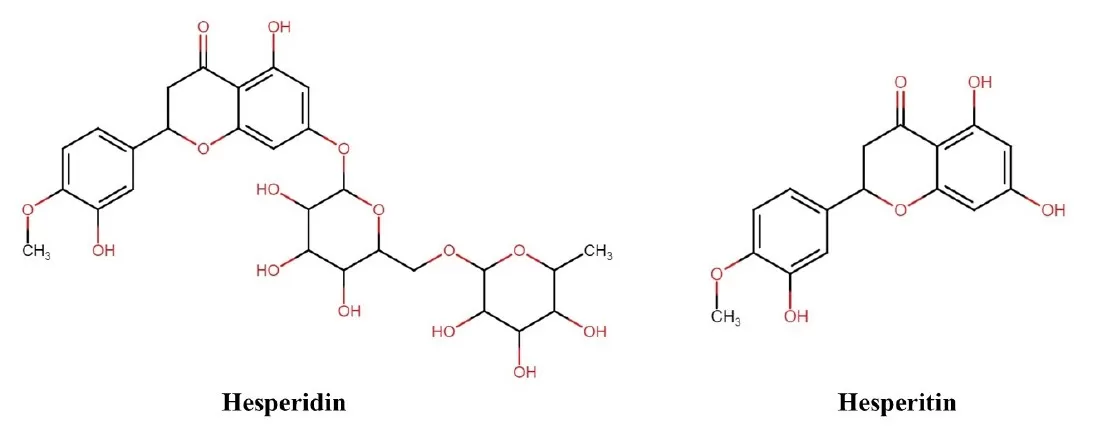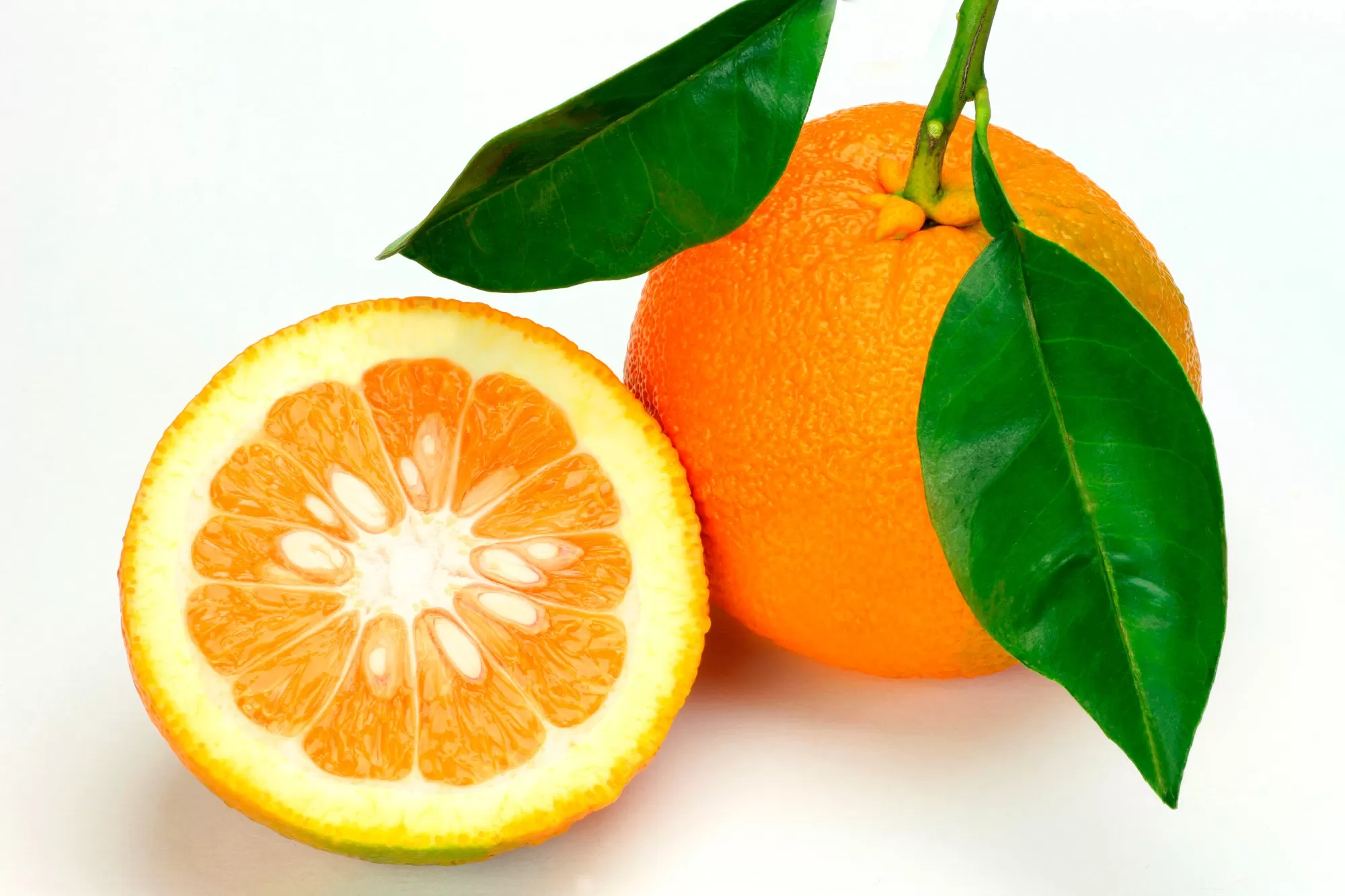- 0086-571-85302990
- sales@greenskybio.com
Benefits of Hesperidin: A Potent Citrus Bioflavonoid
2025-04-13

Hesperidin, a flavonoid predominantly found in citrus fruits like oranges and lemons, is increasingly recognized for its diverse health benefits. As one of the most potent Citrus bioflavonoids, Hesperidin contributes significantly to human wellness through its antioxidant, anti-inflammatory, and cardiovascular-supporting properties. This article delves into the various benefits of Hesperidin and its potential applications in health promotion.
Understanding Hesperidin
Hesperidin is a phytochemical present in the peel and pulp of citrus fruits, often consumed as part of the whole fruit or its juices. It is a type of flavonoid glycoside, meaning it is a sugar-bound flavonoid, which enhances solubility and absorption in the human body. Hesperidin works primarily by exerting antioxidant and anti-inflammatory effects, making it beneficial for combating oxidative stress and reducing inflammation.
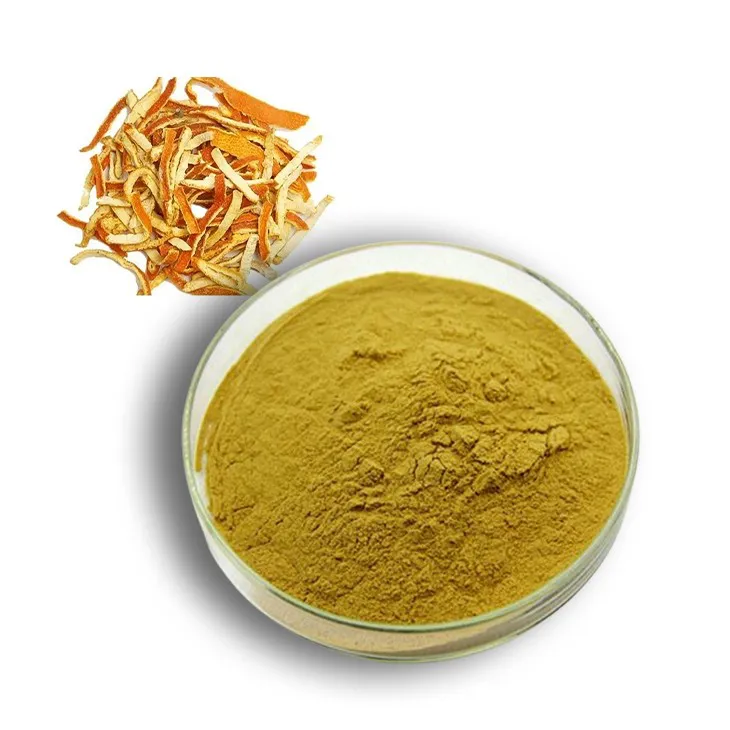
Antioxidant Properties
One of the most notable benefits of hesperidin is its strong antioxidant capacity. Antioxidants are crucial for neutralizing free radicals—unstable molecules that can damage cells, proteins, and DNA. By mitigating oxidative stress, hesperidin helps protect cellular health and reduce the risk of chronic diseases linked to oxidative damage, such as cancer and neurodegenerative disorders.
Research indicates that hesperidin's antioxidant abilities also support skin health, potentially improving elasticity and reducing signs of aging. Its capacity to increase collagen production and preserve skin integrity makes hesperidin a valuable component in skincare routines focused on anti-aging.
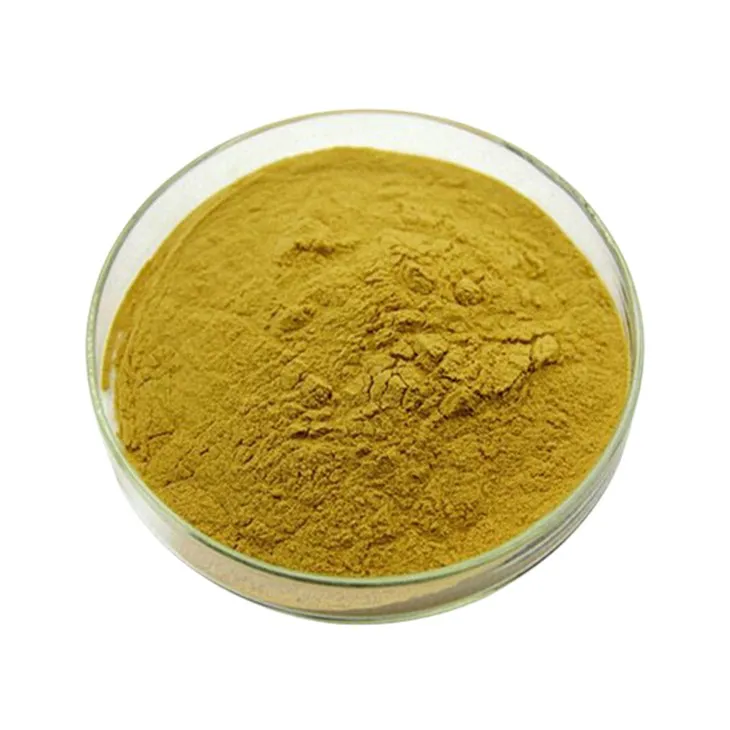
Anti-Inflammatory Effects
Hesperidin's influence on inflammation is another significant aspect of its health benefits. Chronic inflammation is at the root of many health conditions, including heart disease, arthritis, and autoimmune disorders. Hesperidin reduces inflammation by inhibiting the production of pro-inflammatory cytokines and enzymes, which are often elevated in various inflammatory conditions.
This bioflavonoid has been linked to improved symptoms in inflammatory diseases such as rheumatoid arthritis and even in respiratory conditions like asthma. By modulating the body’s inflammatory responses, hesperidin can aid in managing pain and improving overall health and wellness.
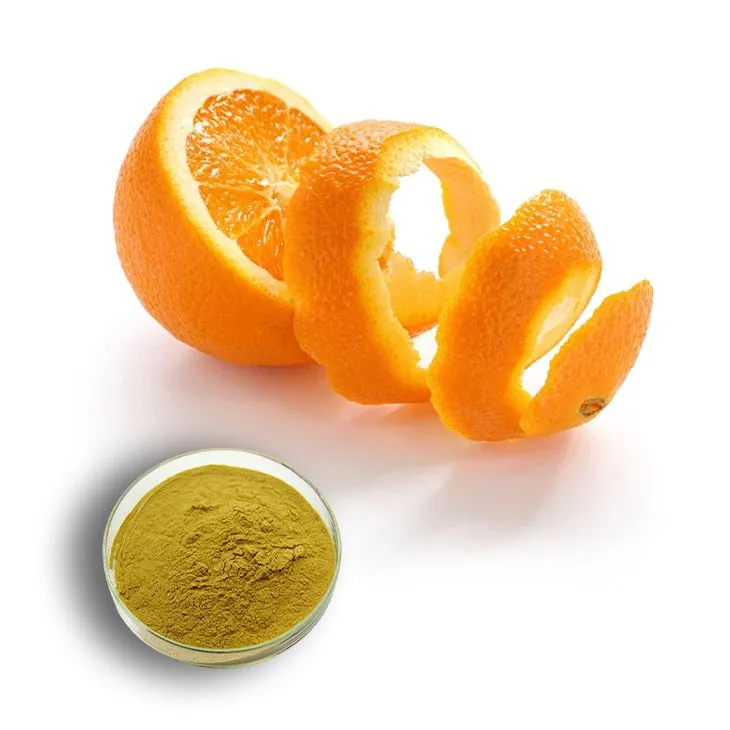
Cardiovascular Health
The cardiovascular benefits of hesperidin are substantial, making it an essential component of heart-healthy diets. Hesperidin contributes to cardiovascular health through multiple mechanisms:
1. Blood Pressure Regulation
Studies have shown that hesperidin may help lower blood pressure, a critical risk factor for heart disease. By enhancing endothelial function—the health of the inner lining of blood vessels—hesperidin promotes vascular relaxation and reduces pressure within arteries, which can help prevent hypertension.
2. Cholesterol Management
Hesperidin is also known to improve lipid profiles, reducing LDL (bad) cholesterol while increasing HDL (good) cholesterol. This shift in cholesterol levels aids in the prevention of atherosclerosis, a condition characterized by the buildup of plaque in arteries that can lead to heart attack or stroke.
3. Circulation Enhancement
Improved circulation is another cardiovascular benefit associated with hesperidin. By strengthening capillary structure and decreasing capillary permeability, hesperidin ensures efficient blood flow, reducing the risk of venous insufficiency and disorders like varicose veins.

Brain Health
Emerging research suggests hesperidin may also play a role in protecting brain health. Its antioxidant properties help defend against oxidative stress in neural tissues, which is linked to neurodegenerative diseases such as Alzheimer's and Parkinson's. Additionally, hesperidin’s potential to enhance cerebral blood flow and reduce neuroinflammation can support cognitive function and mental clarity.
Immune System Support
Hesperidin is beneficial for the immune system due to its synergistic interaction with vitamin C, another nutrient abundant in citrus fruits. Together, they bolster immune defenses by enhancing the action of immune cells such as lymphocytes. Hesperidin's anti-inflammatory and antioxidant effects further contribute to a robust and resilient immune system, capable of effectively warding off infections and illnesses.
Integrating Hesperidin into Your Diet
To experience the benefits of hesperidin, incorporating citrus fruits into your daily diet is a practical and effective approach. Consuming whole fruits like oranges, lemons, and grapefruits can provide a sufficient amount of hesperidin, along with other complementary nutrients. Citrus juices, especially those containing pulp, are another convenient way to increase hesperidin intake.
Supplements containing hesperidin are available for individuals seeking targeted and consistent doses. These may be particularly beneficial for those with specific health goals or conditions that require higher concentrations of flavonoids.
It is important to note that, while hesperidin supplementation is generally safe, individuals should follow recommended dosages and consult healthcare providers if they are on medication or have underlying health issues.
Conclusion: Harnessing the Power of Hesperidin
Hesperidin offers a multitude of health benefits that span various physiological systems, from cardiovascular health to immune support. Its potent antioxidant and anti-inflammatory properties make it an invaluable component of health and wellness strategies aimed at disease prevention and optimal functioning.
With growing scientific interest and research backing its effects, hesperidin stands out as a key element in promoting comprehensive health. By embracing diets rich in citrus fruits or considering supplementation where appropriate, individuals can harness hesperidin’s power to support and enhance their overall well-being. As always, a balanced approach that includes diverse sources of nutrients will ensure maximal benefit from this remarkable bioflavonoid.
- ▶ Hesperidin
- ▶ citrus bioflavonoids
- ▶ plant extract
- ▶ lycopene
- ▶ Diosmin
- ▶ Grape seed extract
- ▶ Sea buckthorn Juice Powder
- ▶ Beetroot powder
- ▶ Hops Extract
- ▶ Artichoke Extract
- ▶ Reishi mushroom extract
- ▶ Astaxanthin
- ▶ Green Tea Extract
- ▶ Curcumin Extract
- ▶ Horse Chestnut Extract
- ▶ Other Problems
- ▶ Boswellia Serrata Extract
- ▶ Resveratrol Extract
- ▶ Marigold Extract
- ▶ Grape Leaf Extract
- ▶ blog3
- ▶ blog4
- ▶ blog5
-
what is hesperidin supplement
2025-04-13
-
what is glucosyl hesperidin
2025-04-13
-
Hesperidin: Uses and Benefits
2025-04-13
-
what does hesperidin do
2025-04-13
-
what is hesperidin complex
2025-04-13
-
What is Diosmin Hesperidin?
2025-04-13
-
What Is Hesperidin Good For?
2025-04-13
-
Uridine-5'-monophosphate Disodium salt
2025-04-13
-
Aguaje Extract
2025-04-13
-
Thunder God Vine Extract
2025-04-13
-
Hesperidin
2025-04-13
-
Hops Extract
2025-04-13
-
Black Garlic Extract
2025-04-13
-
Sugarcane Extract
2025-04-13
-
Okra Extract
2025-04-13
-
Yohimbine Bark Extract
2025-04-13
-
Hedyotis Diffusa Extract
2025-04-13











